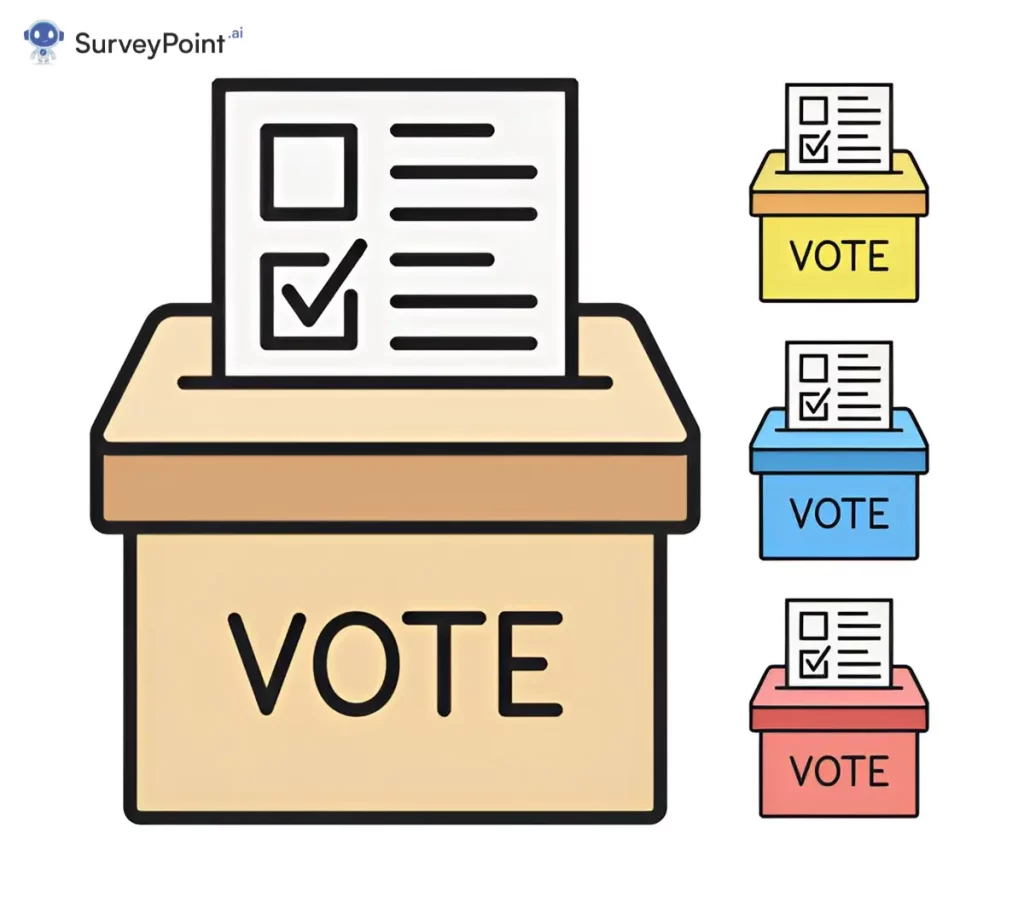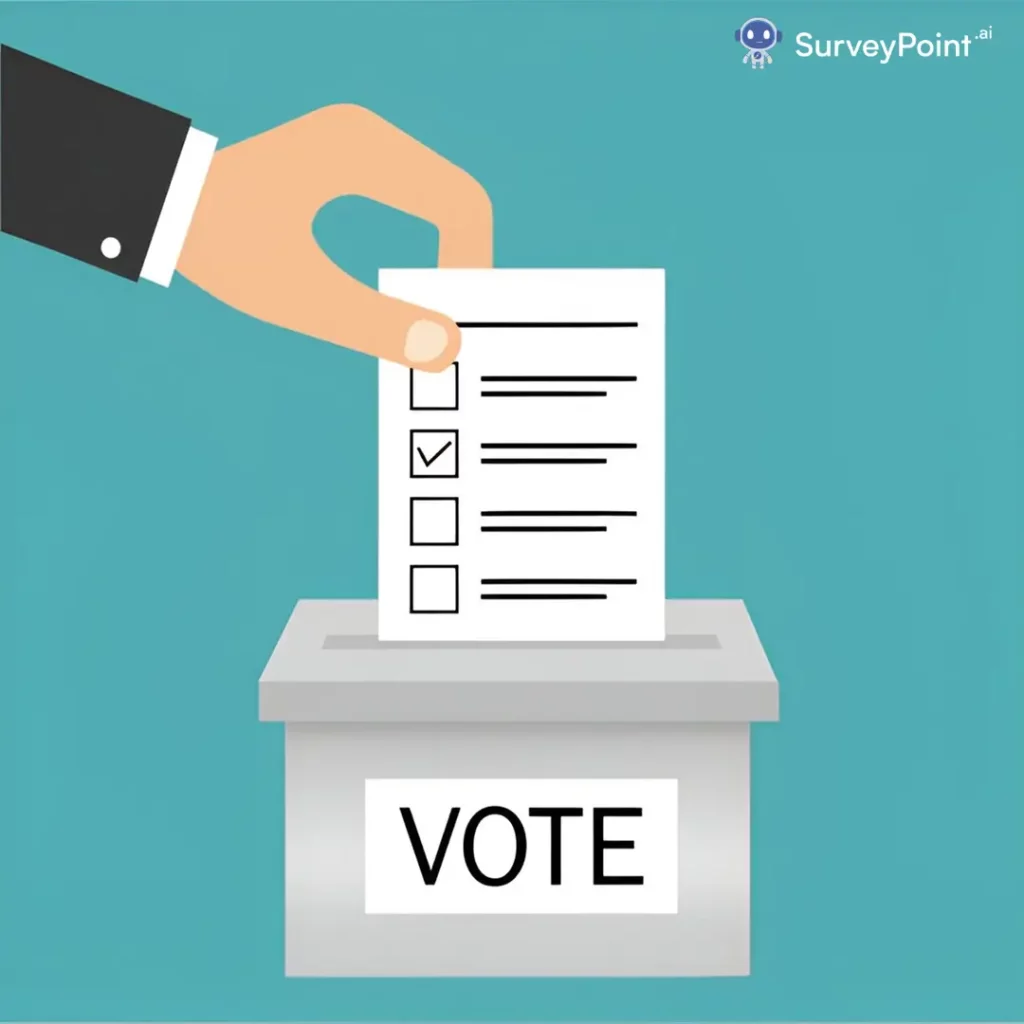
The best political survey questions for your survey will depend on your specific goals and target audience. Let’s dive into 15 potential questions that can help you peel back the layers of voter sentiment. Remember, these are just starting points.
Understanding the pulse of the electorate is crucial for political campaigns, policymakers, and anyone keen on shaping public discourse. Political surveys are a powerful tool to uncover voter preferences, opinions, and concerns. But crafting effective survey questions isn’t easy. You need questions that are clear, unbiased, and capable of generating meaningful insights.
Understanding the Voter
Before we jump into the questions, let’s talk about why you’re doing this survey. What do you hope to learn? Who are you trying to reach? Having a clear objective will help you craft questions that directly address your needs.
Once you know what you want to find out, it’s time to think about your audience. Who are you trying to talk to? Are you targeting a specific demographic, geographic region, or political affiliation? Understanding your audience will help you tailor your language and question types accordingly.
Top 15 Political Survey Questions
Now, let’s get to the meat of the matter. Here are 15 potential survey questions to get you started:
Demographics and Voter Behavior
- Age: How old are you?
- Gender: What is your gender?
- Education: What is your highest level of education?
- Occupation: What is your occupation?
- Party Affiliation: Which political party do you identify with?
- Voting History: Did you vote in the last election?
These basic demographic questions provide a foundation for understanding your respondents. They help you segment your data and identify trends among different groups.
Core Issues and Values: Political Survey Questions
- Top Issues: What do you consider to be the most important issues facing the country today? (Allow multiple choices)
- Economic Priorities: How important are the following economic issues to you? (Rate on a scale of 1-5)
- Job creation
- Income inequality
- Taxes
- Healthcare costs
- Social Issues: How important are the following social issues to you? (Rate on a scale of 1-5)
- Abortion
- Gun control
- Climate change
- Immigration
- Government Trust: How much trust do you have in the government to address the issues facing the country?
These questions tap into the core values and priorities of voters. They can help you understand what issues resonate most with your target audience.
You Must Know:
Spice Up Your Kitchen: Take Our Cooking Survey for Culinary Inspiration 2024
10 Must-Ask Hiring Manager Survey Questions: Hiring Success
Candidate Evaluation and Election Outlook
- Candidate Evaluation: How would you rate the job performance of [politician’s name]? (Rate on a scale of 1-5)
- Election Interest: How interested are you in the upcoming election?
- Voter Turnout: How likely are you to vote in the upcoming election?
- Voting Method: How do you plan to vote in the upcoming election? (In-person, mail-in, early voting)
- Open-Ended Feedback: Is there anything else you would like to share about politics or the upcoming election?
These questions help gauge voter sentiment towards candidates, predict voter turnout, and gather qualitative feedback.

Tips for Crafting Effective Political Survey Questions
- Keep it simple: Avoid jargon and complex language.
- Be specific: Clearly define terms and avoid ambiguous questions.
- Use neutral language: Avoid leading questions or biased wording.
- Offer a variety of response options: Use a mix of multiple-choice, Likert scale, and open-ended questions.
- Test your survey: Conduct a pilot test to identify any issues or confusion.
Remember, the key to a successful survey is to ask the right questions in the right way. By following these tips and carefully considering your target audience, you can gather valuable insights that will help you achieve your goals.
Would you like to focus on a specific type of survey, such as an exit poll, pre-election poll, or candidate evaluation survey?
By providing more details about your survey goals, I can help you tailor the questions and provide additional guidance.

